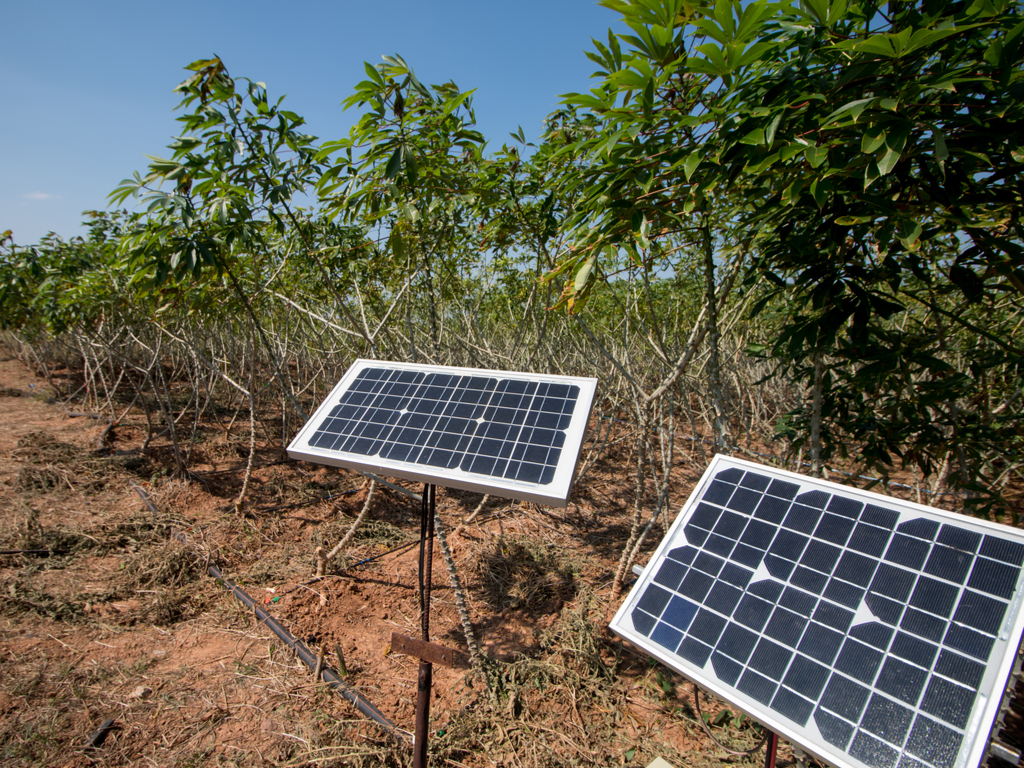With a population estimated by the United Nations Population Fund (UNFPA) at 1.3055 billion people (2019), Africa is experiencing rapid population growth and some experts believe that Africa’s population could double by 2050. Africa should rely more on agriculture to meet the food needs of its population. The coronavirus health crisis and subsequent travel restrictions show the drawbacks of relying on food exports.
To increase and secure food production, Africa should invest in more environmentally friendly agriculture. This includes the integration of solar energy into environmentally friendly agricultural production processes. It is to highlight the applications of solar energy in agriculture that the African Solar Industry Association (AFSIA) is organizing a webinar on Thursday, August 6, 2020.
This webinar will also be an opportunity to discover the latest technologies and innovations used to improve agricultural yields through the use of solar energy. The experts who will take part in the online event will also discuss business models of “successful companies that help farmers get more out of their land”. The organization of this webinar also demonstrates the progressive democratization of solar energy in agriculture in Africa.
In localities with arid climates, this renewable energy source is used to power irrigation systems. In Rwanda, for example, as part of a $54 million project, U.S. businessman Howard Graham Buffett built a 3.3 MWp solar photovoltaic power plant and a 2.4 MWh battery storage system. The solar-powered irrigation system benefits 2,000 small farmers in the Nasho area of eastern Rwanda.
For more information, click here.
Jean Marie Takouleu
